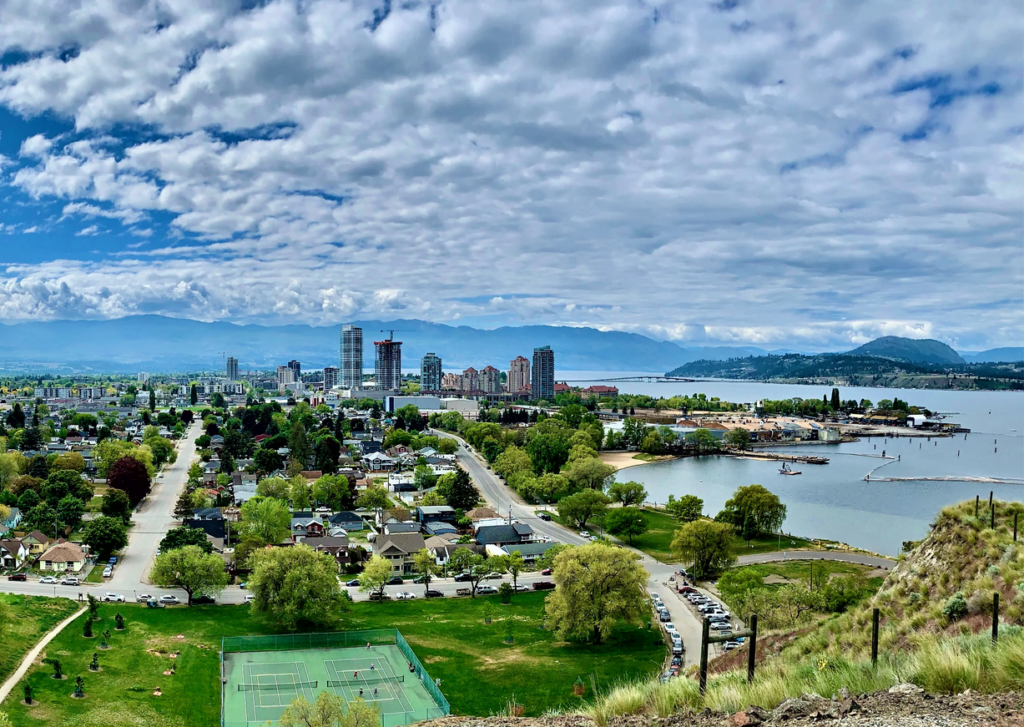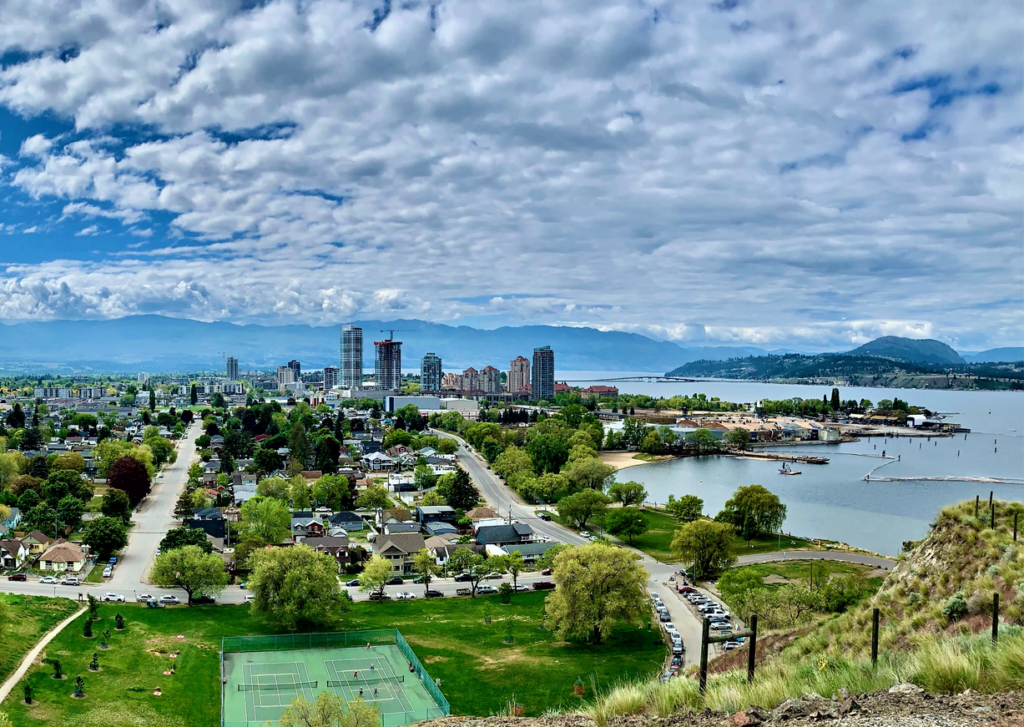Kelowna city council recently made an important decision about short-term rentals, like those on Airbnb. They voted 4-3 to change the city’s rules. Two councilors couldn’t vote because they have short-term rental properties.
The new rules, supported by most, are more strict than what the province is doing. Starting May 1, the province says short-term rentals can only be in people’s main homes. But in Kelowna, the rules will apply to the whole city, with a few exceptions.
During a meeting, city staff talked about why these changes are needed. They said short-term rentals are making it hard for people to find long-term homes. Some people shared how they depend on short-term rentals to pay their monthly mortgage.

Councillor Rick Webber said it’s tough to find the right balance. He chose to support the changes, thinking they would make more homes available if the new rules worked as planned.
The new rules will stop short-term rentals in the whole city, except for 498 with special licenses. These will be allowed to continue. Councillors Luke Stack and Mohini Singh, and Mayor Tom Dyas supported these changes.
But not everyone on the council liked the new rules. Councillors Ron Cannan, Gord Lovegrove, and Charlie Hodge voted against them. Councilors Maxine DeHart and Loyal Wooldridge couldn’t join the discussion because they have short-term rental licenses.
Councillor Stack, who wanted the changes, talked about the need to protect the city’s homes. He said there are not enough new homes being built, making it harder for people to find a place to live. He agreed with the province’s rules but wants to see how they work before making even stricter rules.
Mayor Dyas said the decision was tough. He focused on short-term rentals in main homes, mentioning that out of 2,400 rentals, only around 500 are in main homes.
The council also asked the province to exempt specific places, like Sunset Drive, Playa Del Sol, and the Aqua development. Cities can ask the province not to follow these rules if they have a vacancy rate above three percent for two years. Kelowna last had this high vacancy rate in 2012.
In conclusion, Kelowna City Council’s decision on short-term rentals reflects a careful balance between community well-being and individual needs. The new rules, while stricter than provincial regulations, aim to address challenges in the local housing market. As the city moves forward, monitoring the impact of these changes will be crucial, ensuring that they contribute positively to the availability of long-term housing. The unanimous motion to exempt specific properties highlights the council’s commitment to adapting regulations to unique circumstances. Kelowna’s proactive approach signals a dedication to creating a housing environment that serves both residents and the community as a whole.
Please contact Jared Gibbons, your local realtor, should you have any questions.

